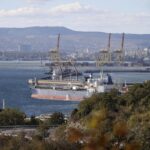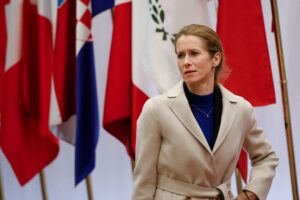Petrol and diesel in Northern Ireland is cheaper than in other parts of the UK because of competition from filling stations in the Republic of Ireland, a competition watchdog has suggested.
The UK’s Competition and Markets has been investigating the operation of the UK’s road fuel market.
It found that competition isn’t working as well as it should be, driving up prices.
It has recommendations to help people find the cheapest prices in their area.
These include a new “fuel finder” scheme that would be similar to a fuel price checker provided by the NI Consumer Council which enables consumers to compare the highest, lowest and average petrol and diesel prices in each town in Northern Ireland and is updated on a weekly basis.
However, it does not indicate prices for individual filling stations.
- Fact v fiction: Five tips for saving petrol money examined
- Government to consider fuel price comparison scheme
- Supermarkets probed over food and fuel prices
The CMA has recommended that the government uses legislation to create an open data fuel finder scheme.
This would require retailers to share their prices on an open, real-time basis, meaning that drivers can easily compare prices in any area of the UK.
The CMA says this would “increase incentives on retailers to compete hard on price and make it easier for consumers to identify where they are not doing so”.
It has also recommended a “fuel monitor function” within an appropriate public body, to monitor developments in the market, both nationally and locally.
As part of its investigation the CMA looked at the extent to which average prices vary by region, and compared them to London, which it used as a baseline.
On average, the cheapest region was Northern Ireland, where petrol was on average 2.8p per litre cheaper, and diesel 1.4p per litre cheaper than in London.
It said: “The fact that we observe prices that are significantly lower in Northern Ireland is likely due to the fact that filling stations there are competing with filling stations across the Irish border, which are subject to a range of different competitive and fiscal dynamics.”
Source : BBC











